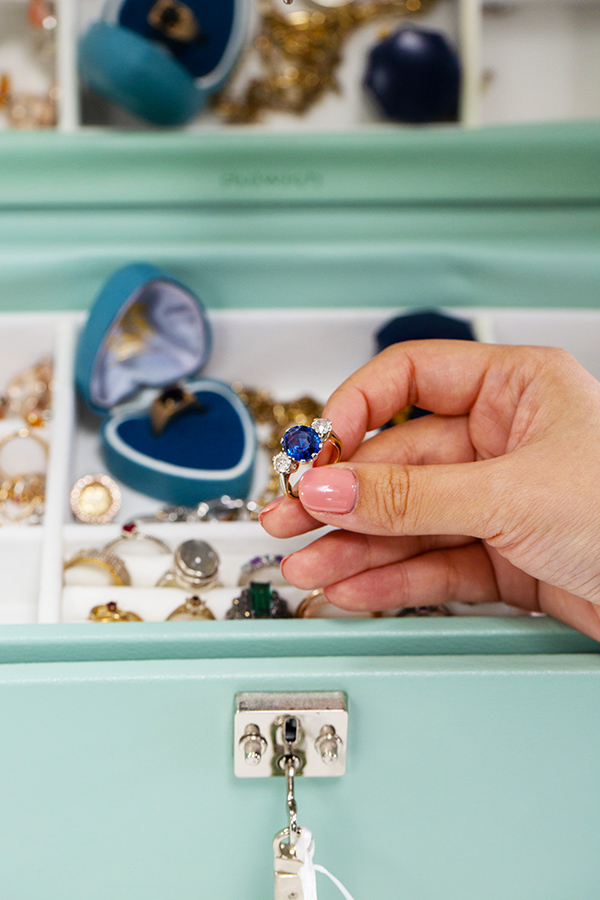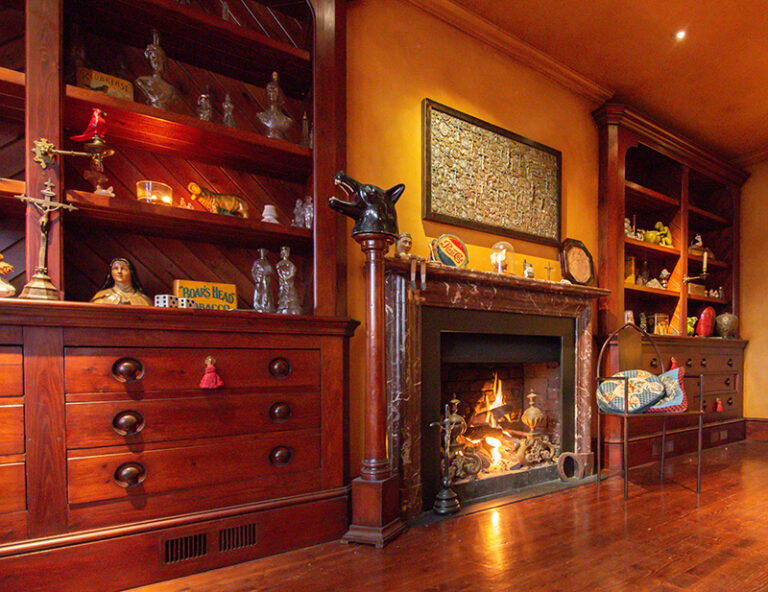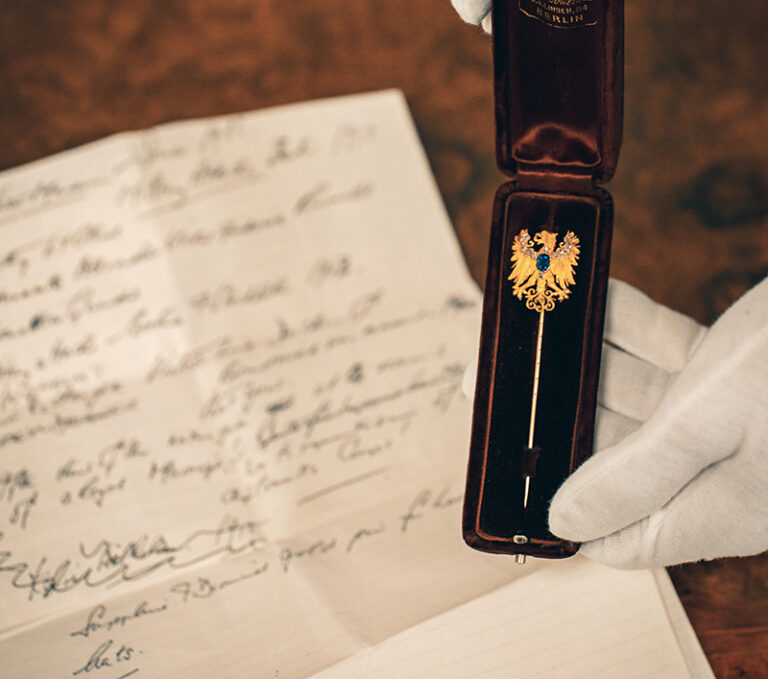Losing a loved one is an incredibly difficult time and dealing with their belongings can seem like an overwhelming task. When it comes to antiques, there are several steps you can take which will give you peace of mind and ensure they are handled with care and respect, whilst also valued accurately.
Firstly, it's important to understand the probate process. Probate is the legal process of administering a deceased person's estate. During this time, it's advisable to contact an established auction house or antique appraiser to assess the value of any collectable items. This will help you determine their worth and make informed decisions about what to do with them. While it is possible to start selling or disposing of chattels before the probate has been granted, we recommend obtaining professional valuations for anything over £500 beforehand - to avoid any difficulties with HMRC.
When dealing with an independent valuer it is worth obtaining a few different opinions, not all dealers will specialise in all types of antique, and careful due diligence will help ensure potentially costly errors are avoided. On the contrary, a reputable auction house will have access to specialists in every department. Photos and information can be submitted online, or alternatively the auction house will send an expert appraiser to the property where they will identify anything of potential market value - providing protection against potentially valuable items being overlooked.
Once probate is granted and you have a clear understanding of the value of the antiques, it's important to consider the wishes outlined in the deceased person's Will. If specific individuals have expressed an interest in certain items, it is essential to consider honouring those requests as much as possible.
For items that are not specifically designated in the Will, or which do not hold sentimental value for anyone named in the Will, selling them may be a viable option. Selling valuable antiques can help generate funds that can be distributed among beneficiaries or used for other purposes outlined in the estate plan.
Alternatively, donating low-value items or disposing of them responsibly is another option. Donating these items can provide support for charitable causes while ensuring they find new homes where they will be appreciated.
Remember, dealing with antiques and probate requires expert knowledge, therefore it will be helpful to seek guidance from professionals such as expert valuers, estate planners and solicitors who specialise in these matters. They can provide valuable advice tailored to your specific situation and ensure that you navigate this process with compassion and respect for your loved one's memory.



